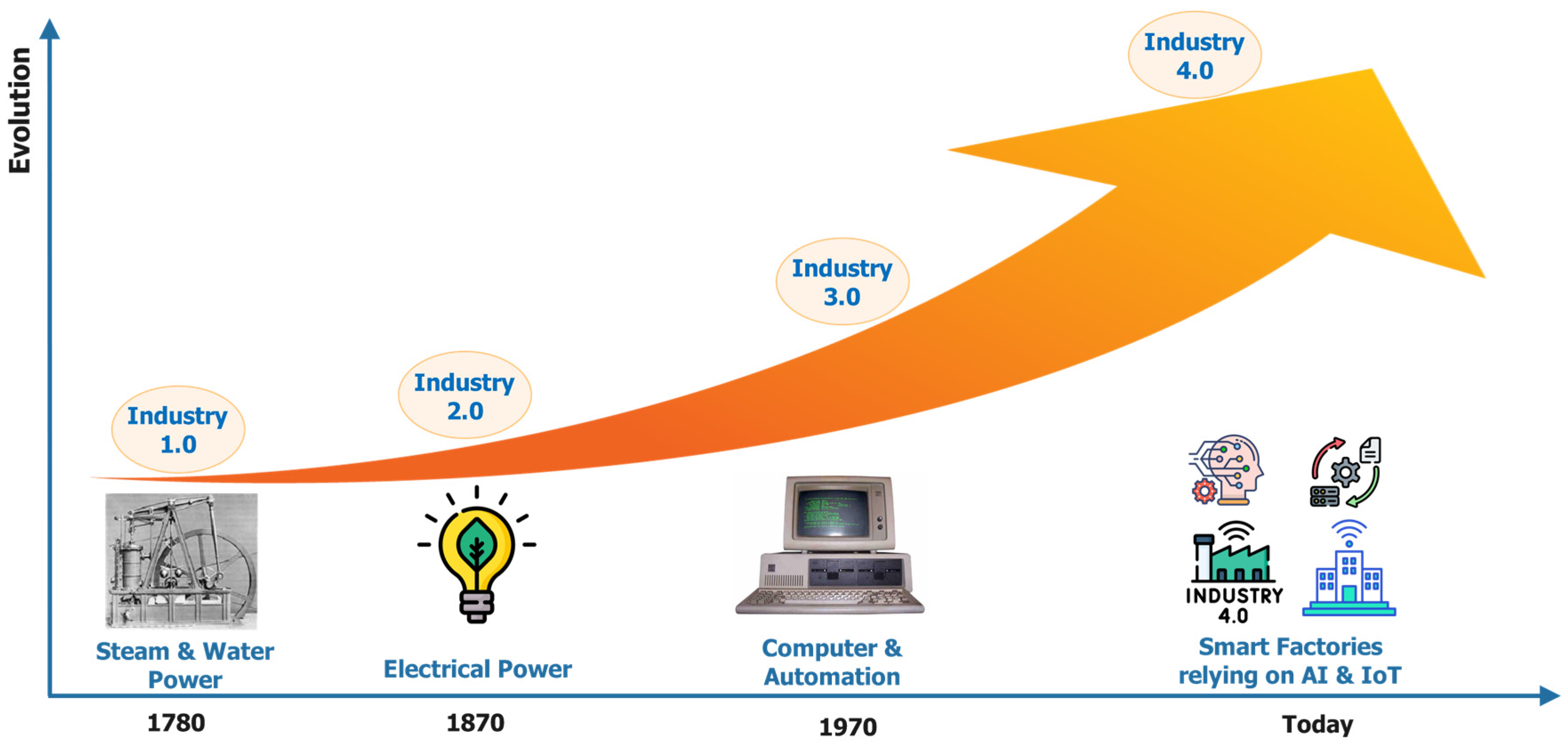Tech business optimism grows with national policy issuances
As an initiator of the Au Lac AI Alliance, Truong Gia Binh, chairman of FPT Corporation, now has stronger belief than ever in developing AI platforms and models for Vietnamese, contributing to powering Vietnam on the global digital map.
“The world is entering the AI era, and Vietnam is also enjoying a great opportunity to rise. If Vietnam wants to be on par with advanced countries, AI must be applied in all areas of social life. We learn from successful models around the world to master AI technology and develop AI models for Vietnam itself.”
 “Vietnam has issued four strategic resolutions on science and technology, international integration, legal reform, and private economic development to propel the country forward in the new era. AI is also at the number one position in the country’s 11 strategic technology groups,” he added.
“Vietnam has issued four strategic resolutions on science and technology, international integration, legal reform, and private economic development to propel the country forward in the new era. AI is also at the number one position in the country’s 11 strategic technology groups,” he added.
Alliance for AI Development
He recalled the time in 1998 when the software export wave was launched. What was lacking then, he said, was trust in the community. Although FPT faced challenges in the first two years – spending $1 million without achieving anything – in the third year, it found the way forward and succeeded.
“But at this point, we have the trust of the community. We have more than 20 state-owned enterprises, private enterprises, startups, and universities as the first members of the alliance,” he noted. These include MobiFone, FPT, MoMo, VNPAY, Zalo, and more.
 The alliance, launched by the companies on June 20, will develop Vietnamese large language models, build an open AI community, and promote responsible AI applications. It will focus on three main areas: research and development, developing AI standards and policies, and training.
The alliance, launched by the companies on June 20, will develop Vietnamese large language models, build an open AI community, and promote responsible AI applications. It will focus on three main areas: research and development, developing AI standards and policies, and training.
National Policy Development
Nguyen Dinh Tuan, deputy general director of MobiFone, said he has seen AI develop rapidly, with increasingly powerful and widespread applications. AI, he noted, is the most important driving force to elevate the country to a new level and enter an era of self-improvement.
“Vietnam must have its own AI. I believe that in the coming time, AI will play a key role and become a prerequisite for effectively deploying all products and services in the digital age,” he said.
In June, business optimism grew as the National Assembly adopted new laws to improve the legal framework for future industry growth. These include the Law on Digital Technology Industry, the amended Law on Technical Standards and Regulations, and the amended Law on Product and Goods Quality.
 The Law on Digital Technology Industry has promptly institutionalised key aspects of Vietnam’s development vision. These include incentives and support for digital technology enterprises, the development of high-quality human resources and digital talents, the development of digital technology infrastructure, support for innovative startups, a mechanism for state-commissioned orders, and a legal framework for controlled pilots.
The Law on Digital Technology Industry has promptly institutionalised key aspects of Vietnam’s development vision. These include incentives and support for digital technology enterprises, the development of high-quality human resources and digital talents, the development of digital technology infrastructure, support for innovative startups, a mechanism for state-commissioned orders, and a legal framework for controlled pilots.
Projects involving large investment capital will enjoy corporate income tax reductions for multiple years, along with financial support from the Development Investment Fund.
 The state also prioritises investment in critical infrastructure, such as data centres and 5G networks, while encouraging private sector participation in developing modern infrastructure.
The state also prioritises investment in critical infrastructure, such as data centres and 5G networks, while encouraging private sector participation in developing modern infrastructure.
The state has committed to allocating significant funding to science and technology development. The research and development budget is set at 2 per cent of GDP, of which more than 60 per cent will come from social funding sources. At least 3 per cent of the total annual state budget will be allocated to sci-tech development, innovation, and national digital transformation, with that figure set to increase based on development needs.
On June 12, the prime minister outlined a list of strategic technologies and strategic technology products. AI was ranked top, followed by cloud computing, blockchain, and 5G/6G technology.
Challenges and Solutions
Despite these advantages, FPT chairman Binh shared that Vietnam faces three major challenges in its AI journey.
“They are the need to protect technological sovereignty, an inseparable aspect of national sovereignty; how to achieve the goal of becoming a developed nation by the 100th anniversary of independence; and the lack of investment resources,” Binh said. “While major powers invest hundreds of billions of US dollars annually in AI, Vietnam does not have comparable resources. Therefore, partnerships are a vital solution.”
According to Le Hong Viet, general director of FPT Smart Cloud, for AI to become a core national strength, Vietnam must engage with the global open-source community while also building its own. This will allow the country to master both the technology and the language.
“Not only Vietnam, but also around 70 other countries – from major economies like the United States, China, the UAE, and South Korea, to smaller nations – are focusing on national AI strategies. The shared goal is to pool intelligence, resources, and technology to ensure safe, responsible AI development that benefits communities and protects national sovereignty,” he said.
Technology expert Tien Hoang said, “Now is the time for Vietnamese tech companies to leapfrog. The country will soon see a wave of AI-driven business models and platforms, increased investment in science and technology, and a larger sci-tech contribution to GDP. To make this a reality, the business community is awaiting effective enforcement tools.”










